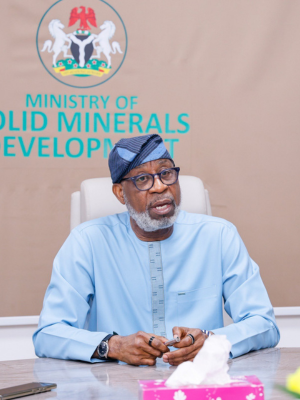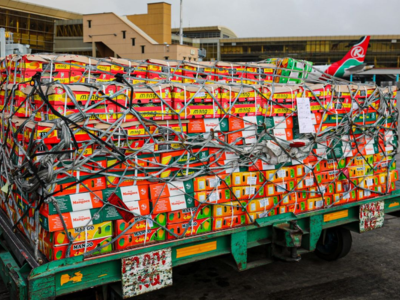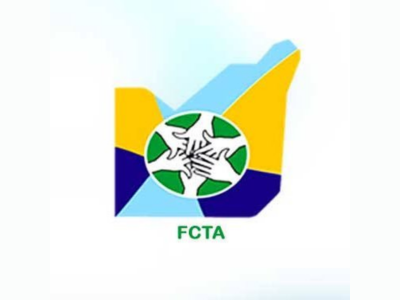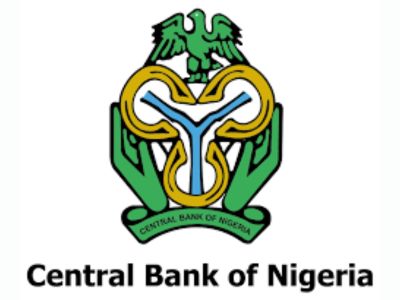Nigeria Plans Further Mining Licence Revocations to Clean Up Sector
- by Admin.
- Sep 06, 2025

Credit:
The Federal Government of Nigeria has announced plans to revoke additional mining licences as part of an ongoing effort to sanitize Nigeria’s solid minerals sector and safeguard investors from fraud.
Mining Cadastre Office (MCO) Director-General Obadiah Nkom shared this update during a three-hour live session on X, themed “A Deep Dive into the Mining Cadastre Office: Driving Transparency and Order in Nigeria’s Solid Minerals Sector.”
Nkom detailed that the clean-up targets expired, speculative, and inactive titles, aiming to create opportunities for genuine investors while ensuring legal compliance. The agency has already identified approximately 4,709 licences for action, including 1,400 expired titles, 2,338 refused applications, and 971 grants where applicants failed to pay, leading to revocations approved by Minister of Solid Minerals Development Dele Alake.
“Mining is no longer seen as just breaking stones; it is now big business,” - Nkom
“This cleaning exercise is to create space in the minefield for people,” Nkom explained, noting that over 4,709 licences have been erased from the system. He emphasized that the process is not punitive but a deliberate move to remove speculators who hoard licences without contributing to the economy, a step that has already boosted investor confidence.
The director-general highlighted the agency’s legal diligence, boasting a 100% success rate in litigation due to adherence to the Nigerian Minerals and Mining Act of 2007. “Where we are wrong, we are not shy about correcting it,” he said, underscoring a commitment to fairness.
Nkom also addressed the issue of licence hoarding, noting that revised renewal fees have prompted many to relinquish titles, making way for serious investors. He warned that operating beyond a licence’s scope—such as exploitation under an exploration permit—constitutes illegal mining, though applications to add new minerals can be processed in one to two weeks.
In parallel, Nkom raised concerns about impostors posing as MCO agents, vowing a robust crackdown. “We are going to bite, and bite hard,” he declared, revealing ongoing prosecutions by the Inspector General of Police and collaborations with the Department of State Services (DSS), Economic and Financial Crimes Commission (EFCC), Independent Corrupt Practices Commission (ICPC), and Corporate Affairs Commission (CAC).
To protect investors, the MCO has integrated with the CAC’s real-time verification system, ensuring only registered companies with demonstrated financial capacity receive titles.
Despite the revocations, Nkom reported growing interest in the sector, with foreign and local investors, including small-scale operators forming cooperatives, entering the market.
The ministry of Solid Minerals Development is repositioning the sector, which holds over 44 mineral resources across more than 500 locations, to enhance Nigeria’s economic growth despite its historical contribution of less than 1% to GDP.













0 Comment(s)